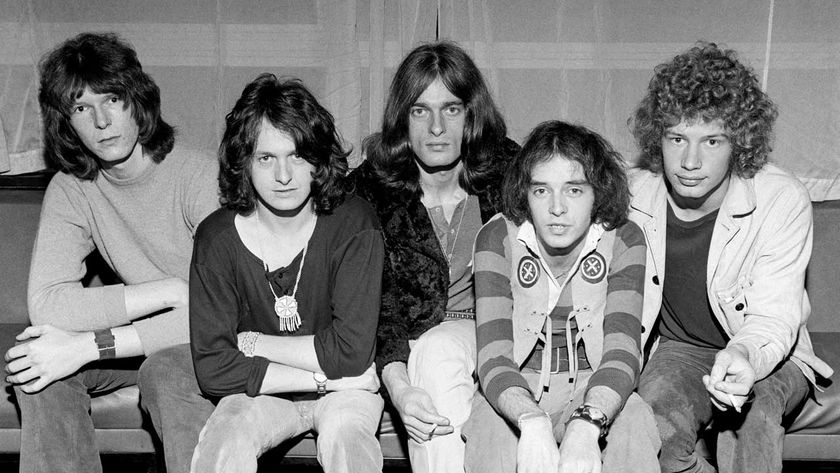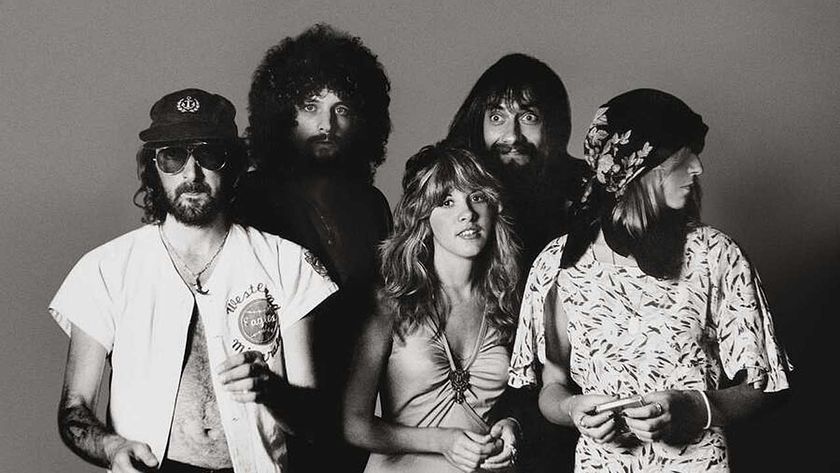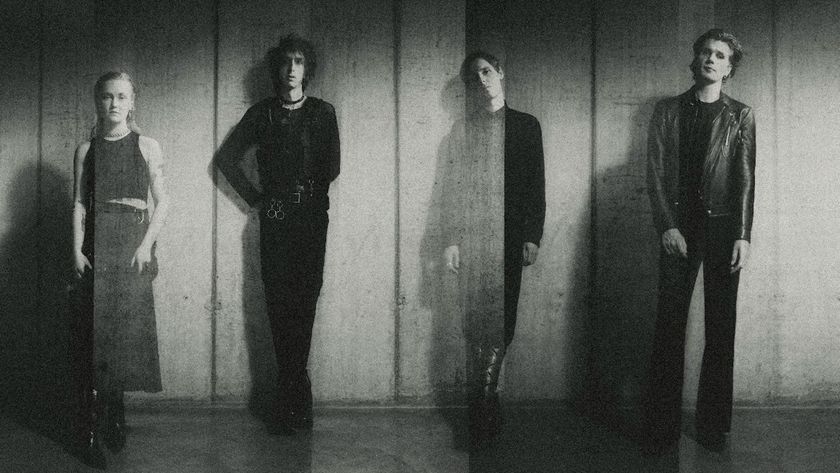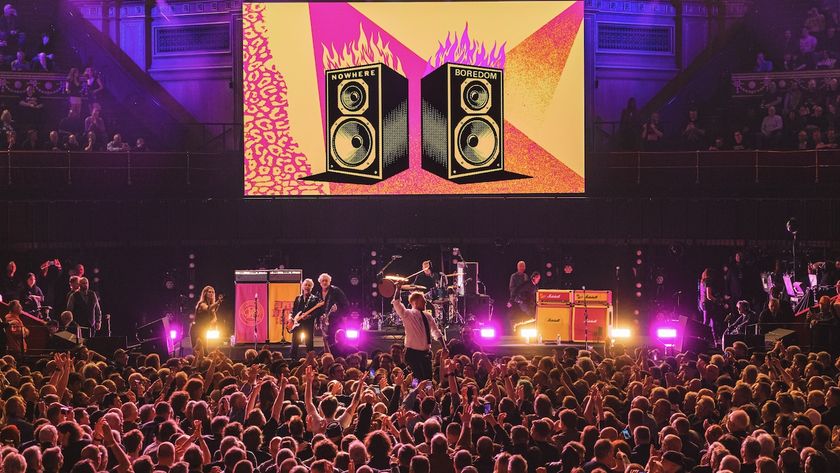Given the prolific output of …And You Will Know Us By The Trail Of Dead over the past few years, you might be surprised that frontman Conrad Keeley has found enough time to create an album that contains more than 20 tracks.
This has probably been achieved by paring down the songs to their bare essentials: most of them run to two and a half minutes, and there’s no ‘third time around the verse’ or ‘key change for final chorus’ to be found. The result, for the most part, is a set of decent indie rock with experimental tendencies that will appeal to fans of the more laid-back Trail of Dead songs, and perhaps some of the more wistful singles from their Source Tags & Codes period.
As ever, Conrad has a fantastic ear for pop melodies, even if it’s coming through a grating, distorted guitar part over layered piano (Engines Of The Dark), washing, bent guitar chords (Lost The Flow), or in the harmony vocals of the opening/title track.
Recalling All White from Trail of Dead’s unfairly maligned Worlds Apart LP, cuts like Nothing That I Meant (Interstellar) have a proggy, old-school psychedelic feel (perhaps as a result of the golden age of Cambodian psych rock?) and echoes of Pink Floyd, too. This is utterly in character because, even in their early, anarchic days, Trail of Dead always had an knack for those 60s-style hooks. Under all the noise, and as the years have gone on, those earworms have only become more front-and-centre.
There’s some pleasant autobiographical moments, too. Drive Back To Phnom Penh is as kinetic and breezy as the title would suggest, while Out On The Road and All Motion are both curiously reminiscent of REM around the time of their sparse New Adventures In Hi-Fi, the former being where the album pivots towards the more introspective songs on its second half. The highlight though is soaring ballad All That’s Left Is Land, which manages to be both instantly familiar to a Trail of Dead fan, and at the same time curiously distinct from their canon.
Perhaps this album’s biggest issue is that, despite the brevity of the tracks, there are almost too many of them. Given this material’s accessibility, if the total song count had been halved, the album might have enjoyed an even wider appeal. Nevertheless, the majority of tracks on display are excellent, and grab you on first listen.
All things considered, while it doesn’t break any great sonic taboos, Original Machines is a triumph.














